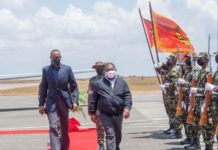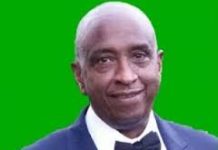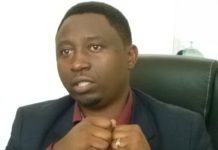No harmonious development is possible in the absence of freedom. Examples are numerous especially in Africa. Other examples can be found in the History of communist countries that have realized that freedom is fundamental to economic development. Indeed, countries that still are communist such as North Korea and Cuba may not serve as a good example, nor can the strong regime of Burma be a reference for Rwanda.
While China remains politically communist, the country has made a choice for capitalist economy and its economic development today is exemplary. But China has the advantage of transparency and political alternation, and freedom for Chinese businessmen to invest in areas that interest them. Rwanda lacks that. Unlike Rwanda’s RPF, Chinese Communist Party does not divert national wealth, and Chinese President is neither criminal nor predator of any neighbor country’s riches.
There is no political alternation in Rwanda. The regime is autocratic, headed by a leader who is eager to accumulate wealth and seeks to be replaced by someone of his own choice, an heir to his ill-gotten wealth.
Economic development to which the Rwandan dictator wrongfully refers every time his crimes are mentioned is just a decoy intended to fool foreign donors.
Certainly, the city of Kigali underwent remarkable embellishment since 1994 when RPF took power, but at the expense of economic and social development in rural areas left to fend for themselves. Indeed, nothing is comparable today with initiatives or happiness and joy that prevailed in rural areas under the regime of President Habyarimana before the latter was assassinated in April 1994 under the orders of the current president Paul Kagame.
Never under successive republican regimes had the impoverishment of Rwandan people got more widespread and accelerated in the total indifference of Rwandan authorities than today when we paradoxically see the current leaders get wealthier. Rwanda needs currently a fair distribution of wealth to diminish the ever-increasing disparity between rich minority and the increasingly impoverished population.
The Rwandan “new rich class” confuses economic development with the modernization of the Kigali urban area, where buildings and residential homes are built to the scale of money laundering in connection with the wealth looted in the Democratic Republic of Congo during the 1996 to 1998 war. Despite the Kigali’s opulent suburbs, Rwanda is far from becoming African Singapore; neither will it soon be South Korea nor one of the United Arab Emirates.
The above mentioned considerations highlight the urgent need for an end to the economic model of the Rwandan dictator. Under the “Rwandan Dream”, we will ensure harmonious development, oriented on free enterprise, that would benefit the Rwandan people including in rural areas.































































